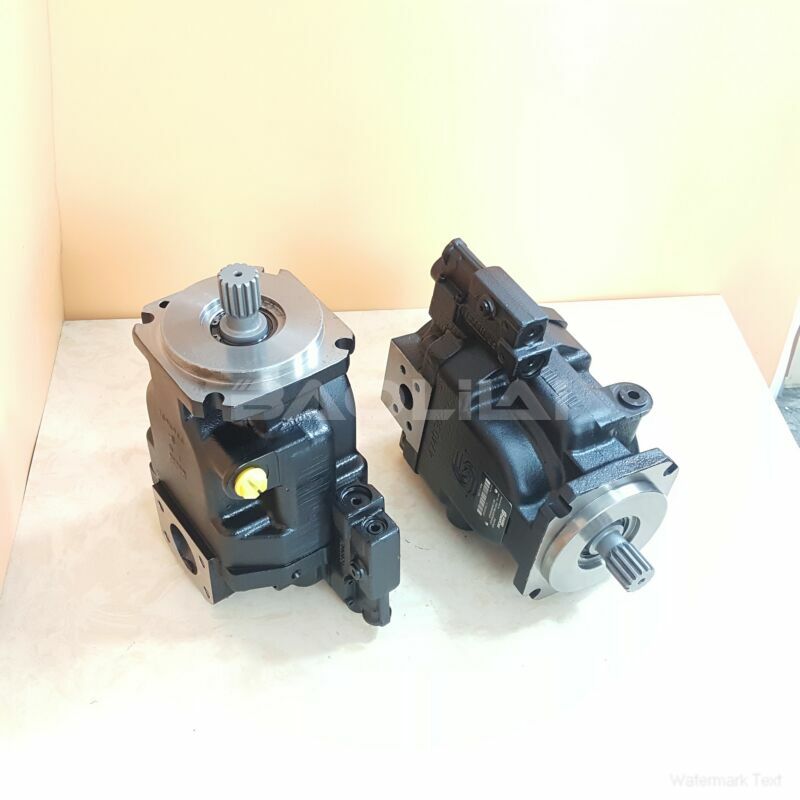FRL074BBS3020NNN3S1B2A1NNNNNNNNNN high pressure pump
FRL074BBS3020NNN3S1B2A1NNNNNNNNNN high pressure pump

- Product Details
- Applicable Scene
Piston pumps play a crucial role in the function of automotive power steering systems, which are essential for enhancing vehicle maneuverability and driver comfort. By converting mechanical energy into hydraulic energy, these pumps assist in steering the vehicle, making it easier for drivers to navigate turns and parking situations. This article will discuss the working principles of piston pumps, their advantages, and their applications in automotive power steering systems.
FR-L-074B-BS-30-20-NN-N-3-S1B2-A1N-NNN-NNN-NNN
FRL074BBS3020NNN3S1B2A1NNNNNNNNNN
Piston pumps operate on the principle of pressurizing hydraulic fluid through the movement of pistons within a cylinder. When the pistons move, they create a pressure differential that forces the hydraulic fluid through the system, directing it to the steering gear. This hydraulic assistance allows for greater torque to be applied to the steering mechanism, reducing the effort required by the driver to turn the steering wheel.

83021242
One of the main advantages of using piston pumps in power steering systems is their efficiency and ability to provide consistent fluid flow under various driving conditions. Unlike gear pumps, which can exhibit pressure fluctuations, piston pumps deliver a stable and controlled flow, resulting in a more responsive steering feel. Additionally, piston pumps are capable of generating higher pressures, allowing for better performance in larger or heavier vehicles where increased steering force is necessary.
Another significant benefit of piston pumps is their compact size. They can be designed to fit within limited spaces in modern automotive engineering, where space optimization is critical. Furthermore, advancements in materials and manufacturing processes have allowed for the production of lightweight and durable pumps that enhance the overall efficiency of the power steering system.
Despite these advantages, piston pumps do have some challenges. The complexity of their design and the need for precise machining can lead to higher manufacturing costs compared to simpler pump types. Moreover, the integration of additional components, such as valves and accumulators, can add complexity to the hydraulic system, necessitating careful engineering to ensure reliability and performance.





